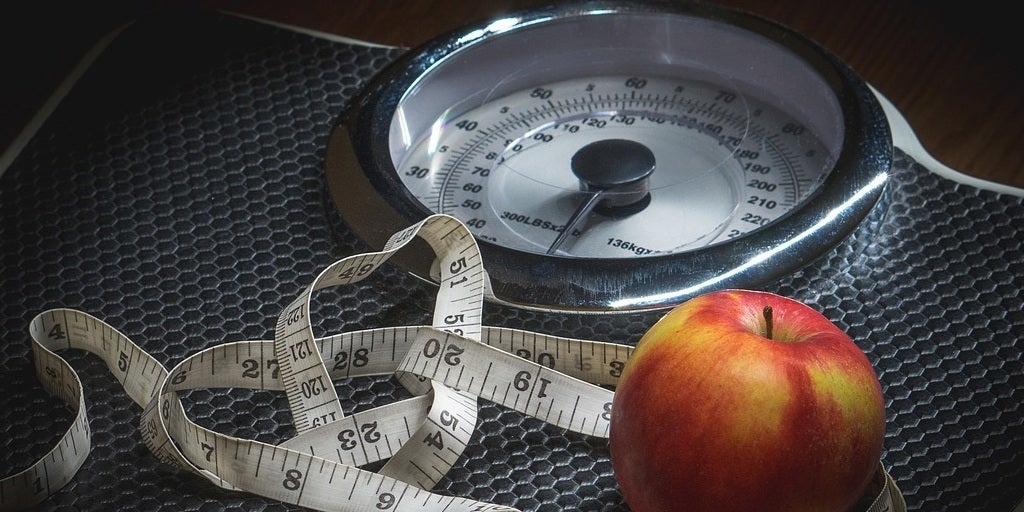A study published in Preventive Medicine has found that an authoritative parenting style (one that blends both warmth and control) is associated with healthier mid-life weight among offspring. Harvard Pop Center Director Lisa Berkman, and faculty members Ichiro Kawachi and Laura Kubzansky, are among the authors*. *Other authors include: lead author Ying Chen and Claudia Trudel-Fitzgerald.
Can being optimistic help women live both a healthier and longer life?
Previous research has linked an optimistic attitude with a longer life, but now a new study authored by a team that includes our faculty member Laura Kubzansky expands the positive benefits of optimism to include a healthier life as well.
Study links exposure to parental warmth during childhood with increased levels of well-being in adulthood
Harvard Pop Center faculty member Laura Kubzansky, PhD, and colleagues are authors of a longitudinal study in Social Science & Medicine that has found that those who recalled receiving parental warmth during childhood were more likely to also self report higher levels of well-being—including emotional, psychological and social—as adults. They were also less likely to engage in behaviors such as drug use and smoking. The findings point to the potential…
What may help you get enough fruit and vegetables into your regular diet?
Laura Kubzansky, PhD, is an author on a study that indicates that higher levels of psychological well-being are associated with maintaining higher levels of health-promoting fruit and vegetable consumption.
Can programs that promote well-being help to improve cardiovascular health?
Given the strong connection between optimism (and other signposts of psychological well-being) and cardiovascular health, Laura Kubzansky and colleagues recommend in the Journal of the American College of Cardiology (JACC) that rigorous interventions be designed to evaluate programs geared towards promoting psychological well-being.
Positive feelings and thoughts linked to higher levels of good cholesterol
A study by Laura Kubzansky and colleagues reveals that greater psychological well-being is linked to higher levels of HDL-C (considered to be the “good” cholesterol). While healthier behaviors play a role, this study aims to examine more closely the established link between psychological well-being and cardiovascular health.
What is driving optimism’s association with reduced risk for cardiovascular disease?
Laura Kubzansky, a Harvard Pop Center faculty member and co-director of the Lee Kum Sheung Center for Health and Happiness, is an author on a paper that analyzes the relationship between optimism and healthy behaviors, such as exercising, eating fruits and vegetables, and not smoking cigarettes; is it that optimistic people engage in healthier behaviors and that is what is reducing their risk for cardiovascular disease and related mortality?
Can a good marriage help fight the battle of the (midlife) bulge?
Researchers have found that those who feel supported in their marriages were more likely to be at a healthier weight in the midlife years. Harvard Pop Center Director Lisa Berkman, and faculty members Ichiro Kawachi and Laura Kubzansky are authors on the study published in Health Psychology.
Can having a sense of purpose later in life help you function better physically?
A novel study published in JAMA Psychiatry by Ichiro Kawachi, MD, and Laura Kubzansky, PhD, and colleagues has found an association between having a sense of purpose and better physical functioning, such as grip strength and walking speed, in older adults in the U.S.
Decreased exercise could be factor in link between PTSD and CV disease
A study published in the American Journal of Preventative Medicine reveals that women who experienced symptoms of post-traumatic stress disorder were found to be less physically active over time. Harvard Pop Center faculty members Maria Glymour and Laura Kubzansky are authors on the study.
